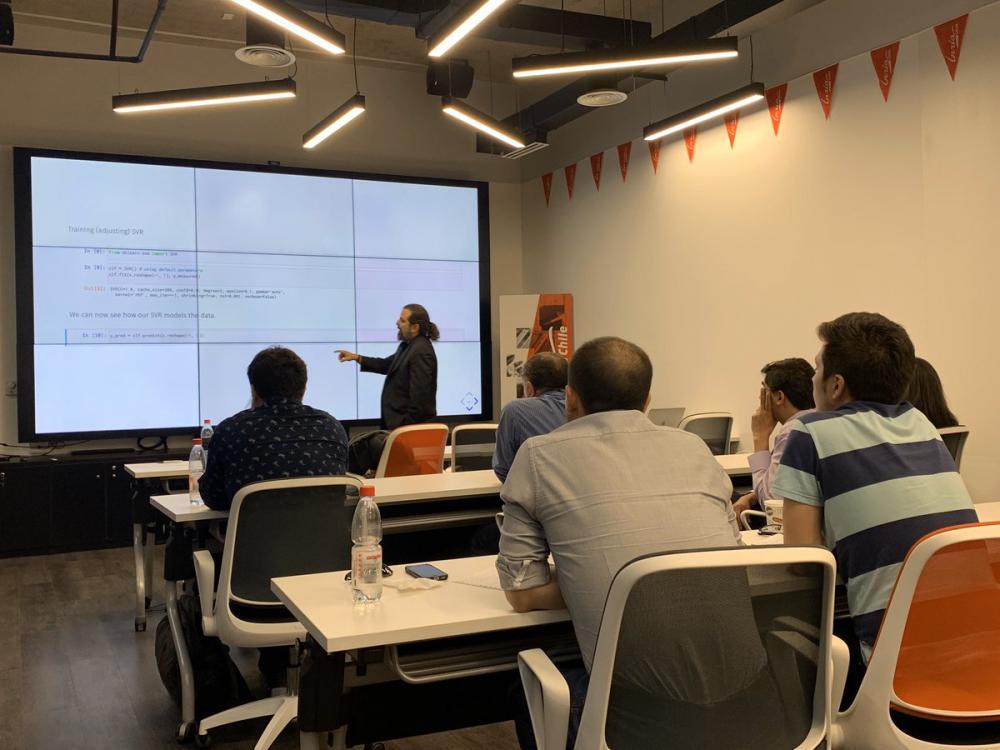

|
Inria Academy in Chile has the vision to train future engineers, scientists and decision makers in Chile, Latin America and the world in deep tech topics, using and disseminating open source software and technologies developed by Inria and its partners. The deeptech modules that enable the acquisition of a mastery of the technologies are aimed at developers, engineers and doctorates in computer science, while the Executive Education courses aim to train C levels in a specific subject so that they can gain an understanding of the challenges and risks of digital technologies. |
since
people trained in Chile
training courses in Chile
software open source
With more than 1,500 references, the software developed by Inria's research teams represents an important technological heritage that is available to developers and companies. To accelerate their appropriation, Inria Academy offers deeptech training in a wide variety of fields with software such as Coq, a test assistant, CGAL, in geometric computing, CORESE, in semantic web, Pharo, in object-oriented programming, RIOT, in Internet of Things, Scikit-learn in machine learning, and SOFA in real-time simulation (mainly in the medical field).
Scikit-learn is an open-source machine learning library for Python that supports supervised and unsupervised learning. It also provides various tools for model fitting, data pre-processing, model selection and evaluation, and many other utilities.
RIOT is a free, open-source operating system developed by a grassroots community of businesses, academics, and enthusiasts, distributed worldwide. RIOT aims to implement all relevant open standards that support an Internet of Things that is connected, secure, enduring, and privacy-friendly.
Pharo is an immersive programming experience. Pharo is a pure object-oriented programming language and, power environment focused on simplicity and immediate feedback.
SOFA is an open-source framework oriented to real-time simulation, with emphasis on medical simulation. SOFA helps to promote new algorithms and can also be used as an efficient prototyping tool.
CCoq is a formal proof management system. It provides a formal language to write mathematical definitions, executable algorithms and theorems together with an environment for semi-interactive development of machine-checked proofs.
CGAL is a comprehensive library of geometric algorithms. The goal of CGAL is to advance the state of the art of geometric computing and to offer robust and efficient programs for research purpose and industrial applications.
Corese is a software platform implementing and extending the standards of the Semantic Web. It allows to create, manipulate, parse, serialize, query, reason and validate RDF data.
|
The impact of digital technology on the environment Course that will help measure, decipher and take action for a sustainable and responsible digital environment. The resources and activities on offer are intended to help you identify climate issues, understand indicators of the environmental footprint of digital technology, and identify steps you can take to make digital technology more responsible and sustainable. |